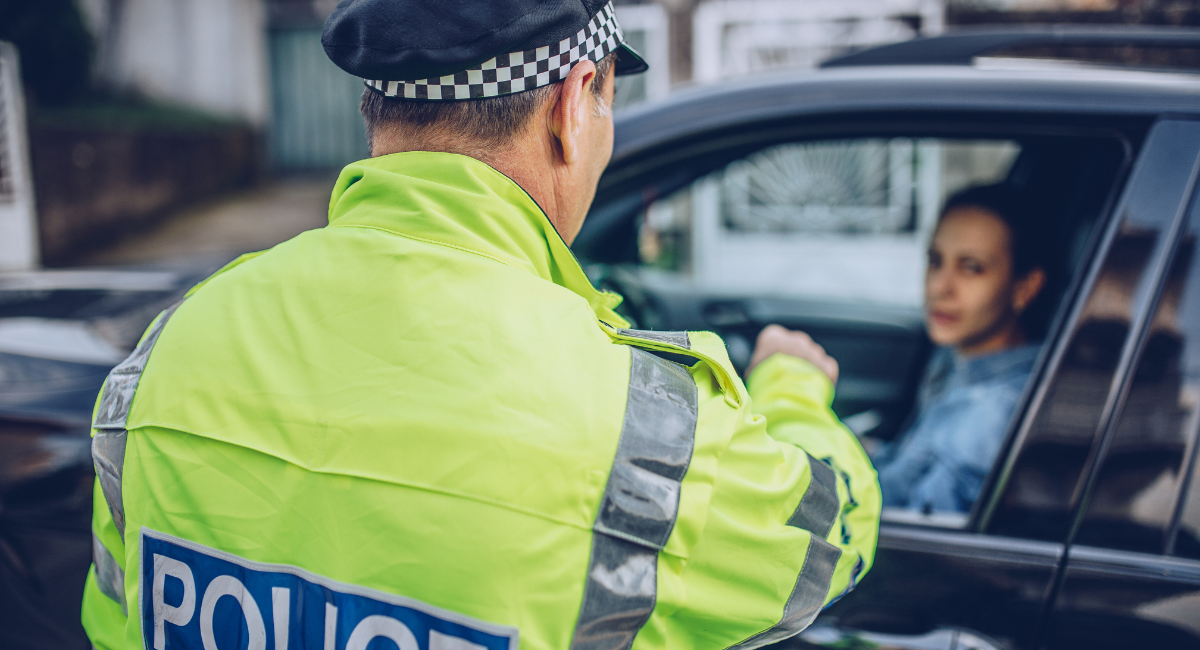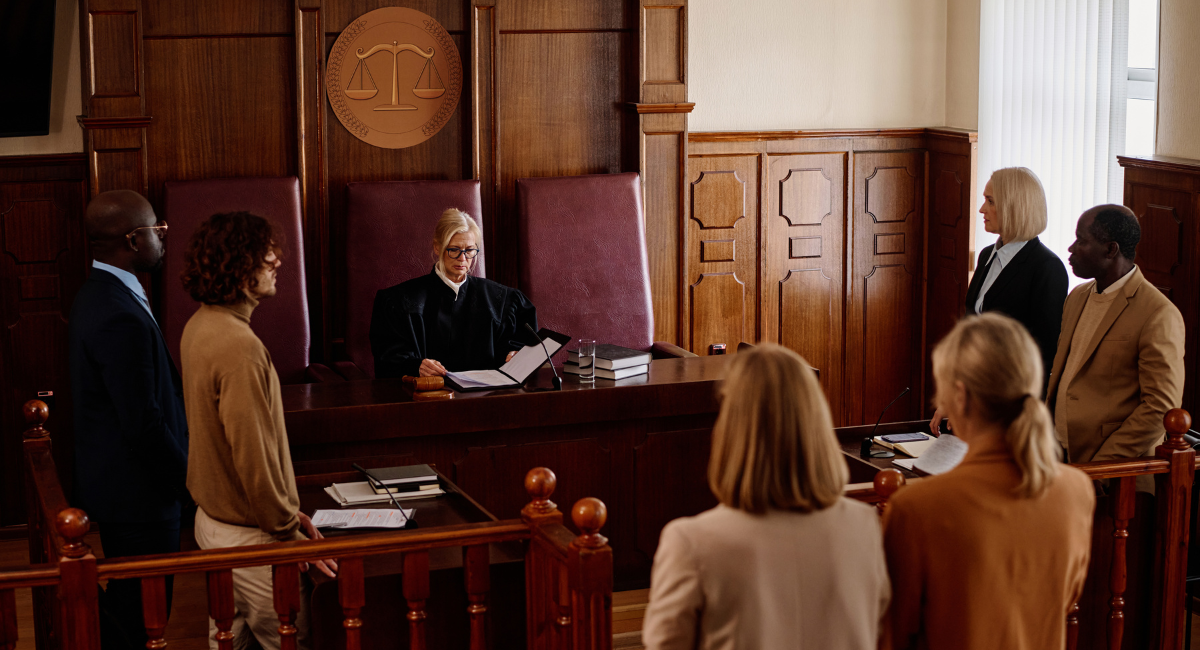When an officer suspects a driver of operating their vehicle under the influence of alcohol or drugs, they may conduct field sobriety tests to determine the driver’s level of impairment. Field sobriety tests are often the initial step in building a DUI case in New Jersey. Understanding the nuances of these tests, their potential inaccuracies, and their impact on your case can be vital in crafting a robust defense strategy. An experienced DUI defense lawyer like Daniel S. Kratka can provide sound legal advice and guidance on the role of field sobriety tests in your DUI case, helping you navigate this crucial aspect of DUI law.
Field sobriety tests are standardized exercises or tasks designed to assess intoxication levels by gauging a driver’s physical and cognitive abilities. Although they can be subjective and sometimes unreliable, these tests often play a significant role in the officer’s decision to arrest a driver for a DUI offense. The results of these tests, in conjunction with other evidence such as breathalyzer readings or drug recognition expert (DRE) evaluations, can form the basis of the prosecution’s case against you. Knowing what to expect during field sobriety tests and their potential implications on your DUI case can be critical for your defense.
In this article, we’ll explore the most common field sobriety tests used in New Jersey, the potential issues and inaccuracies associated with them, and how an experienced DUI defense lawyer can help you navigate this complex and often subjective aspect of your case. With the assistance of a skilled attorney like Daniel S. Kratka, you can confidently address the challenges related to field sobriety tests and work towards a favorable outcome in your DUI case.
Standardized Field Sobriety Tests: An Overview
The National Highway Traffic Safety Administration (NHTSA) has established three standardized field sobriety tests used across the nation, including New Jersey. These tests are designed to evaluate a driver’s physical and cognitive abilities under the suspicion of intoxication. They include:
- Horizontal Gaze Nystagmus (HGN) Test: The HGN test involves observing a driver’s eyes as they track an object, such as a pen or a small flashlight, moving horizontally in their field of vision. Involuntary jerking of the eyes (nystagmus) can indicate alcohol impairment.
- Walk-and-Turn Test: This test requires the driver to walk heel-to-toe along a straight line for nine steps, turn around, and return in the same manner. The officer will look for signs of impairment, such as difficulty maintaining balance, improper turning, or not following instructions.
- One-Leg-Stand Test: In this test, the driver is instructed to stand on one foot while raising the other foot approximately six inches off the ground and counting aloud for 30 seconds. Officers will note any swaying, hopping, or other indications of impairment.
Potential Issues and Inaccuracies Associated with Field Sobriety Tests
While field sobriety tests are widely used to assess a driver’s level of intoxication, they are not always accurate and can be influenced by various factors, including:
- Environmental Conditions: Uneven road surfaces, poor lighting, or inclement weather can affect a driver’s performance on field sobriety tests, leading to false indications of impairment.
- Medical Conditions: Some medical conditions, such as inner ear disorders, neurological issues, or muscle problems, can impact a driver’s balance and coordination, resulting in poor test performance.
- Officer Bias: The subjective nature of field sobriety tests can allow room for officer bias or misunderstanding when evaluating a driver’s performance. This can produce inaccurate results and contribute to wrongful arrests.
- Improper Administration: If an officer does not administer a field sobriety test according to established guidelines, the results may be skewed and unreliable.
Challenging Field Sobriety Test Results: The Role of Your DUI Defense Lawyer
An experienced DUI defense lawyer can contest the validity and accuracy of field sobriety test results in multiple ways, helping you build a stronger case. Some strategies may include:
- Cross-Examining the Officer: Your lawyer can question the arresting officer during a hearing or trial to identify any inconsistencies or inaccuracies in the administration of field sobriety tests or the interpretation of the results.
- Examining External Factors: Your attorney can investigate external factors that may have contributed to poor test performance, such as environmental conditions, road surfaces, or your clothing and footwear at the time of the test.
- Obtaining Professional Testimony: Enlisting the support of a professional in field sobriety testing or a medical professional can corroborate your defense and provide insight into potential inaccuracies or misunderstandings related to your field sobriety test results.
- Evaluating Standardized Test Administration: Your attorney can review whether the officer administered the standardized field sobriety tests correctly and according to established NHTSA guidelines. Any deviations from protocol can weaken the prosecution’s case.
Choosing the Right DUI Defense Lawyer for Your Case
Your choice of DUI defense lawyer can be crucial to the success of your case. When seeking an attorney, consider the following factors:
- Experience: Select a lawyer with a proven track record in DUI cases, as they will be well-versed in New Jersey’s laws and handling field sobriety test challenges.
- Successful Outcomes: A history of favorable outcomes in DUI cases can indicate a lawyer’s competence and effectiveness in navigating complex DUI defense strategies.
- Local Knowledge: An attorney familiar with the local court system, judges, and prosecutors can provide invaluable insights and guidance in building a successful defense.
- Personalized Approach: Look for a lawyer who takes the time to understand your case, listens to your concerns, and tailors their strategy to meet your unique needs and circumstances.
Protect Your Rights with a Skilled DUI Defense Lawyer
Field sobriety tests can play a significant role in determining the outcome of your DUI case, but their subjective nature and potential inaccuracies allow room for contestation. A knowledgeable DUI defense lawyer like Daniel S. Kratka can help you challenge the validity of these tests and craft a robust defense strategy. If you’re facing a DUI charge in New Jersey, don’t hesitate to reach out to us at NJ DUI Defender for professional legal guidance and support, ensuring that your rights are protected and your case receives the meticulous attention it deserves.










